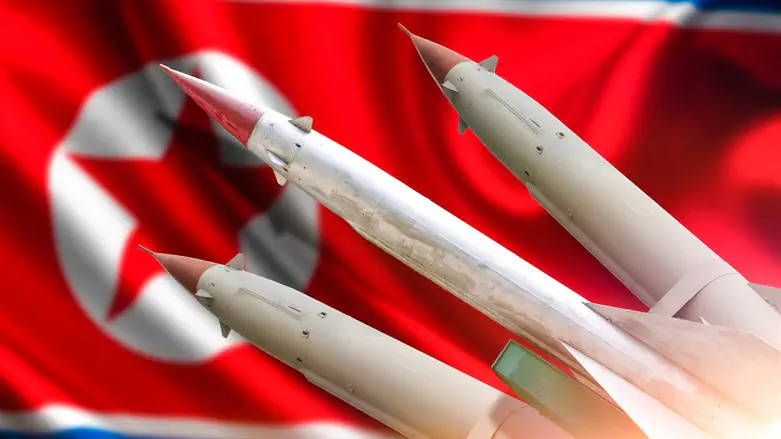
A senior US official said on Thursday that two recent missile tests conducted by North Korea were of a new intercontinental ballistic missile (ICBM) system, AFP reported.
The official added that those tests marked a "serious escalation" by Pyongyang that will be punished with fresh sanctions.
North Korea has conducted several tests of reconnaissance satellite systems in recent weeks, most recently this past weekend.
The country said its February 26 and March 4 tests were focused on developing a reconnaissance satellite, but the US official said rigorous analysis concluded they were actually experimental precursors to a likely full-range ICBM launch.
North Korean leader Kim Jong Un on Wednesday claimed the purpose of the reconnaissance satellite is to provide real-time information on military actions by the United States and its allies.
The US official said on Thursday the recent two tests "involved a relatively new intercontinental ballistic missile system" that Pyongyang had first showcased at a military parade in October 2020.
"This is a serious escalation," the official said, adding that while neither launch displayed ICBM range or capability, they were clearly intended "to test elements of this new system before (North Korea) conducts a launch in full range."
When the full test is carried out, North Korea will likely seek to disguise it as a "space launch," the official said.
Prior to its ICBM tests in 2017, the North had carried out a series of powerful rocket launches that it insisted were part of a wider civilian space program.
The official said the US Treasury would announce fresh measures on Friday to help prevent Pyongyang accessing "foreign items and technology" to advance that program.
The latest tests add to tensions between the US and North Korea which have resumed since the Biden administration took office.
Former US President Donald Trump tried to reach an agreement with North Korea while in office. Kim and Trump met in Hanoi in 2019 for a summit that left nuclear talks at a standstill.
The pair had met three times since June 2018 but made little progress towards denuclearization.
The Biden administration reached out to North Korea shortly after taking office, but the country did not respond to those overtures.
In Biden’s first policy speech to Congress, he said nuclear programs in North Korea and Iran posed threats that would be addressed through “diplomacy and stern deterrence”.
Responding to that speech, North Korea dismissed the idea of talks with Washington, saying Biden’s speech was “intolerable” and “a big blunder."

